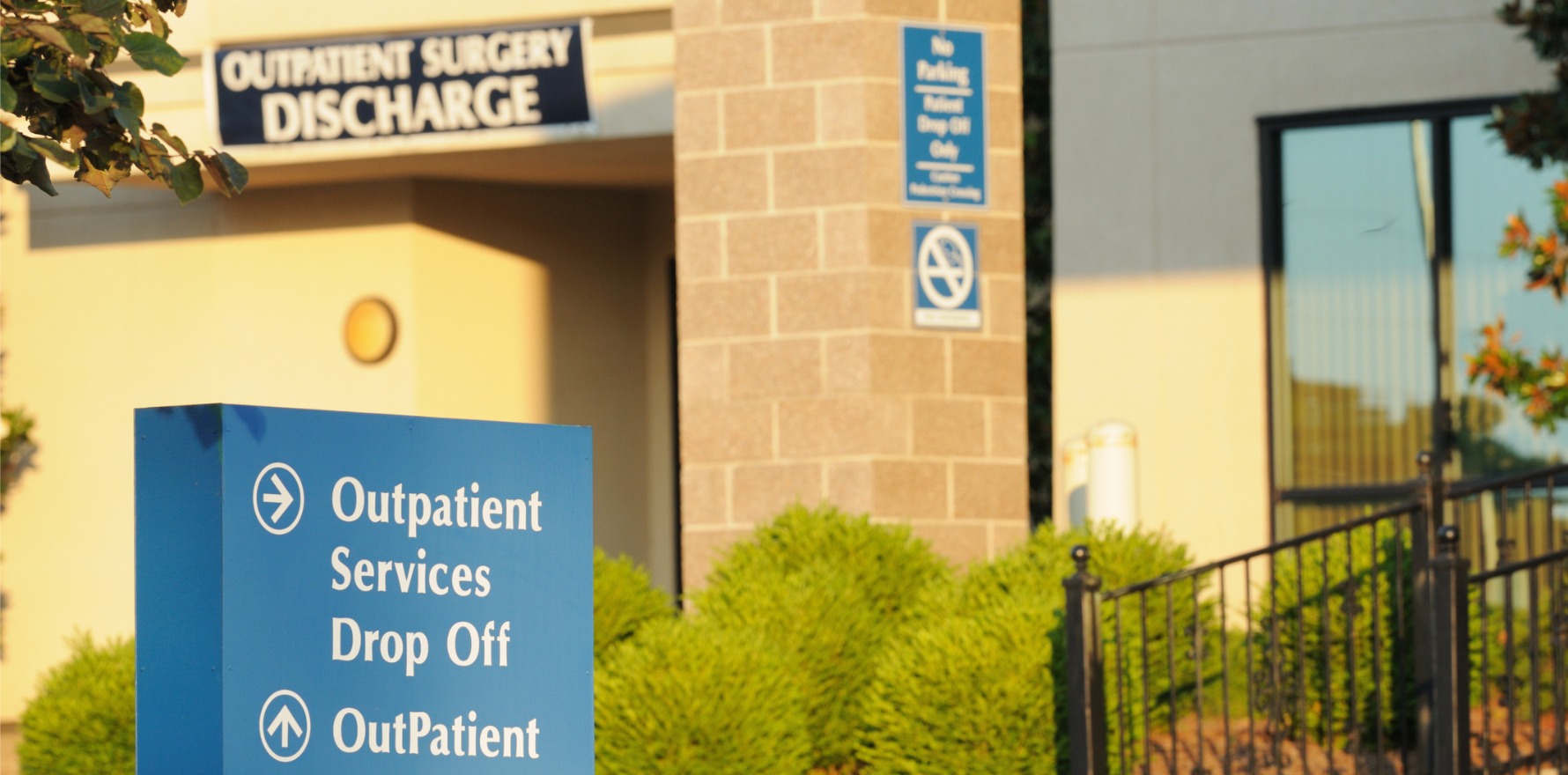Hospital doctors and GPs called for interoperable electronic communication systems and consistent hospital discharge policies.
Interoperable electronic communication systems and co-designed discharge policies
may reduce hospital discharge times, according to a recent study.
Researchers from the University of the Sunshine Coast surveyed 15 doctors – nine were hospital specialists from seven different specialties, and six were GPs.
Hospital specialists estimated that “between 20-60% of patients seen in their outpatient clinics could be managed in primary care”. All doctors recognised that patients were often not referred to GP care when specialist care was unnecessary.
The reasons why included poor clinical handovers between specialists and GPs, patient safety, patient reference for hospital care, workforce concerns and inconsistent discharge policies.
“If you don’t get timely communication and the patient comes to see you, it’s a very frustrating consultation because you don’t know what’s going on and you spend your time just trying to find out what’s happened,” one GP said.
Participants indicated that communication could be improved with templated handover documents and interoperable electronic communication systems. They also noted that the inaccessibility of GP data from the hospital was another concern.
“If there’s an electronic system that we can just type in or transfer it, that will be ideal,” a specialist said.
Some hospital specialists prolonged patients’ stays because they felt “rightly or wrongly, that [they’re] the only ones who are capable of looking after the patients”.
“We tend to hold on to them, rather than send them back to the GP,” said one specialist.
GPs commented that specialist care may be unnecessary. By contrast, some hospital specialists noted that GPs did not act on their recommendations outlined in a patient’s discharge plan.
“I book the patient every year to come back because I’m not trusting anyone else to follow up on that one thing,” one specialist said. “And it may mean I need to do an [investigation] on a patient every two or three years, but I’m concerned that if I don’t see them every year then someone else might miss that.”
Survey responses indicated that some patients were reluctant to be discharged due to safety concerns, and that scheduling a follow-up appointment was less time-consuming than organising hospital discharge and a handover to the GP.
Endemic workforce challenges affecting both GPs and specialists also contributed to longer discharge times.
A decrease in the availability of bulk billing deterred some patients from seeing their GP, and some specialists refrained from referring to avoid overwhelming GPs.
But GPs seemed prepared to take over care provided there was a clear management plan.
One participant said that increasing the number of doctors “isn’t the answer”.
“I think we just need to get better at how we’re doing things. And I need to be able to empower my colleagues to feel safe, that we can discharge patients and there is a re-entry pathway. It’s changing people’s behaviour to make that happen which is really difficult.”
Participants noted an absence of a “consensus about when to discharge patients, when to share care with GPs, or which patient groups should continue to be booked for follow-up appointments”.
They called for a more consistent approach, with authors noting that there were no uniform local, statewide, or national hospital discharge principles, or discipline specific guidelines.
“We could say, it is hospital policy, you haven’t had [specific signs or symptoms] in six months so we’re discharging you. If you develop more problems the GP can refer you back.”
The doctors emphasised the lack of benchmark data on discharge rates and information on patient or GP satisfaction after discharge, which one doctor said, “needs to be part of a KPI where we are constantly being reminded”.
The authors acknowledged the study’s qualitative approach may have led to subjective findings, and that the GPs surveyed had more knowledge of hospital discharge and clinical handover processes than the average GP.
Do you have a story tip for us, or a topic you would like to see us cover? Contact the editor at editor@healthservicesdaily.com.au.

